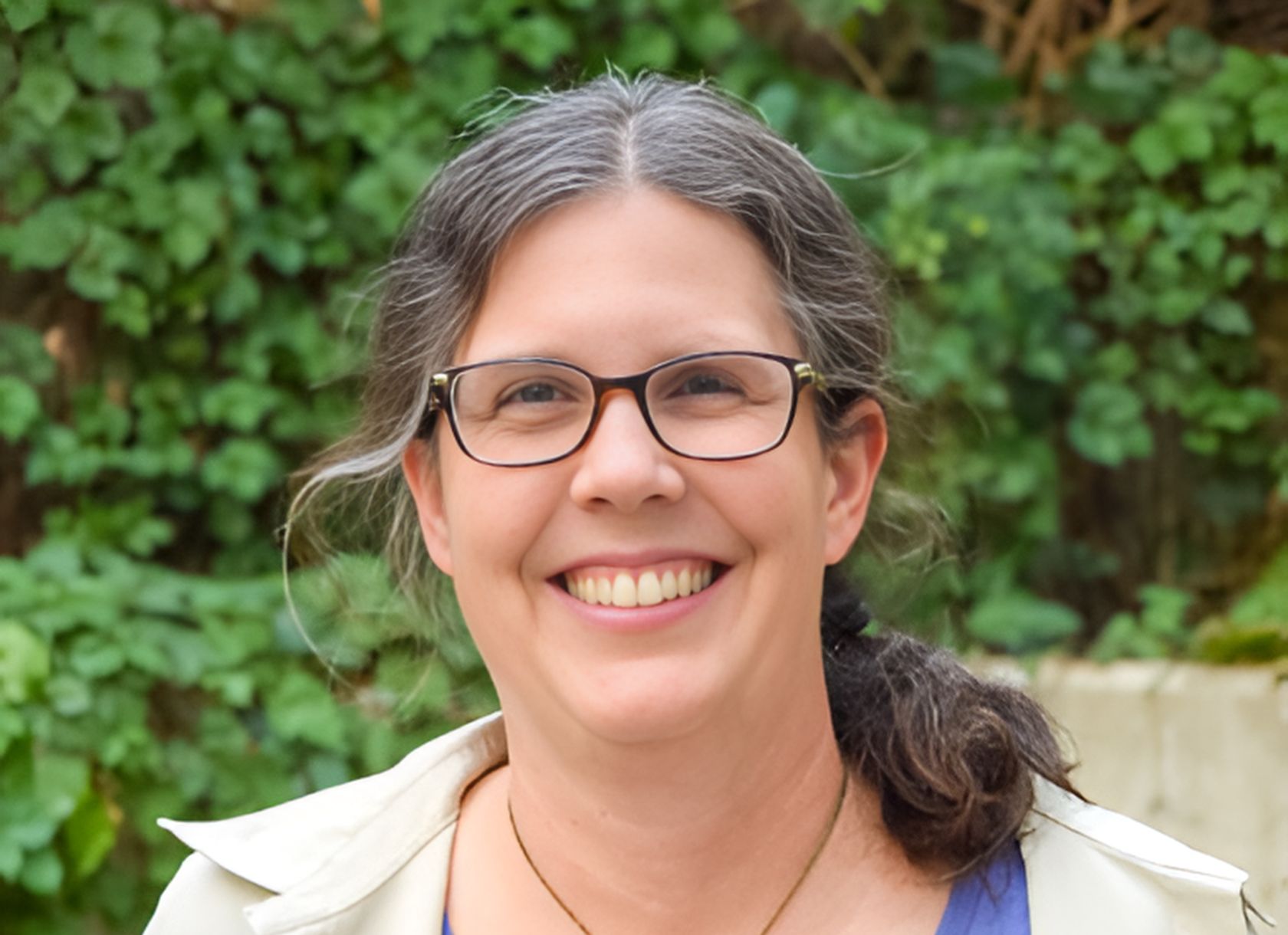
By Kendra Pintor
This summer, Scripps College Professor of Biology and Environmental Science Diane Thomson of the Department of Natural Sciences of Pitzer and Scripps received a $345,000 Mid-Career Advancement grant from the National Science Foundation (NSF) in support of her groundbreaking research. Her project, “Evaluating Climate Drivers of Plant Demography,” aims to deepen our understanding of how climate change affects plant populations.
The NSF Mid-Career Advancement grant is specifically designed to support mid-career scientists like Thomson, allowing them to focus more intensively on their research and expand their professional networks. With this funding, she plans to gain training in state-of-the-art methods and collaborate with other experts in the field to enhance the scope and impact of her research. The grant will also fund research positions for students in her lab during the summer and academic year.
“This grant will help me learn the most cutting-edge methods around and to better analyze these data that my lab and my collaborators have spent so many years collecting,” Thomson shares. “It’s also a chance to foster the next generation of scientists and inspire them to tackle the pressing environmental issues of our time.”
Bringing Her Research to the Classroom and to the World
With a PhD from the University of California, Santa Cruz, and an MPhil from the University of Cambridge, Thomson began her career as a post-doctoral research associate in the Department of Environmental Science and Policy at the University of California, Davis, working on rare plant population modeling and monitoring. At Scripps since 2004, she has been instrumental in teaching, mentoring students, and leading research projects that address critical ecological issues.
“We track individual plants over time and determine how their survivorship and reproduction are affected by the environment, including year-to-year variation in weather,” she explains. “This is the most powerful way we can try to understand how their populations are changing over time, and why they are changing.”
This grant…is also a chance to foster the next generation of scientists and inspire them to tackle the pressing environmental issues of our time.
The NSF grant will enable Thomson to explore the complex relationship between climate variables and the growth, survival, and reproduction of plants. Her research will provide valuable insights into how plant populations adapt to changing climatic conditions, informing conservation strategies and ecological management practices.
“I became an ecologist and conservation biologist because I wanted to understand how species interact and what happens to those interactions when humans change the environment,” she says. “We can’t figure out what is happening in ecological communities right now if we don’t account for the effects of climate change—this is not an easy problem.”
Thomson is committed to integrating her findings into her teaching. Science, she notes, is a team sport—it takes working together on these “enormous puzzles” to see amazing pictures emerging. It’s an approach that exemplifies Scripps’ commitment to advance knowledge and innovation in STEM.
“I try to make sure that the work students do in my classes add in some small but meaningful way to real science,” says Thomson. “Involving students in research projects not only enriches their academic experience but also prepares them for future careers in science and environmental management.”

